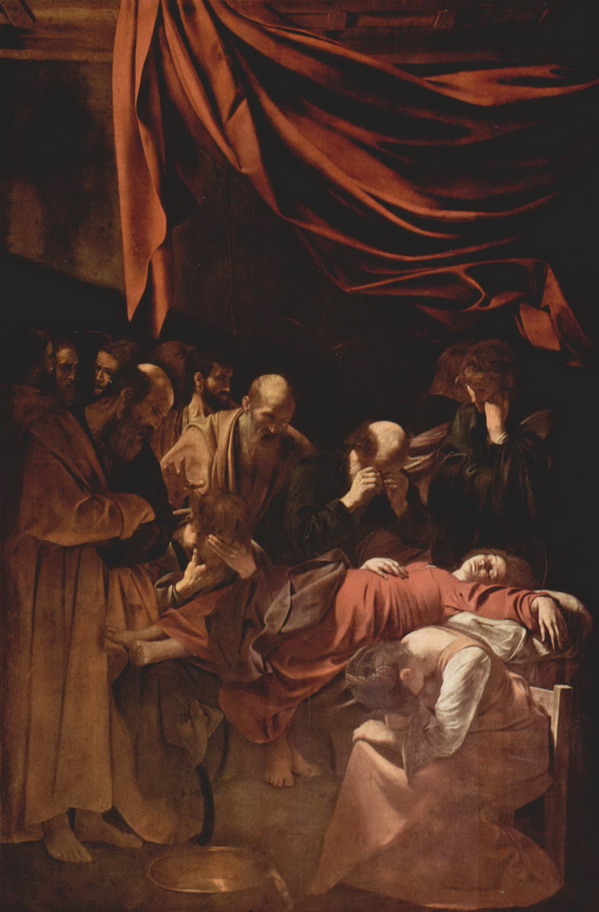It seems there's a literary trouble brewing in this thread. I don't get it. I like to think my reading comprehension is good. The starter said "our historical evaluation" not "the historical evaluation," which is more rigid and authoritative. Since the "historical evaluation" mentioned is democratized, it just follows that everything goes. A gay sympathizer can evaluate Whitman's "When Lilacs Last in the Door-yard Bloom’d" as queer and a naturalist can see influences of Quacker farms and gardens. As for me, it is an elegy to the assassinated president the author politically loved--unless a proof comes up that says they physically shared love, although Lincoln also slept with men.



 Reply With Quote
Reply With Quote


 I'm always struck by the fact that those who truly are the greatest thinkers need not make some false show or egotistic declaration of their own abilities. From my own experience, I have found that the more I learn, the more I realize that I have yet to even touch upon.
I'm always struck by the fact that those who truly are the greatest thinkers need not make some false show or egotistic declaration of their own abilities. From my own experience, I have found that the more I learn, the more I realize that I have yet to even touch upon.


